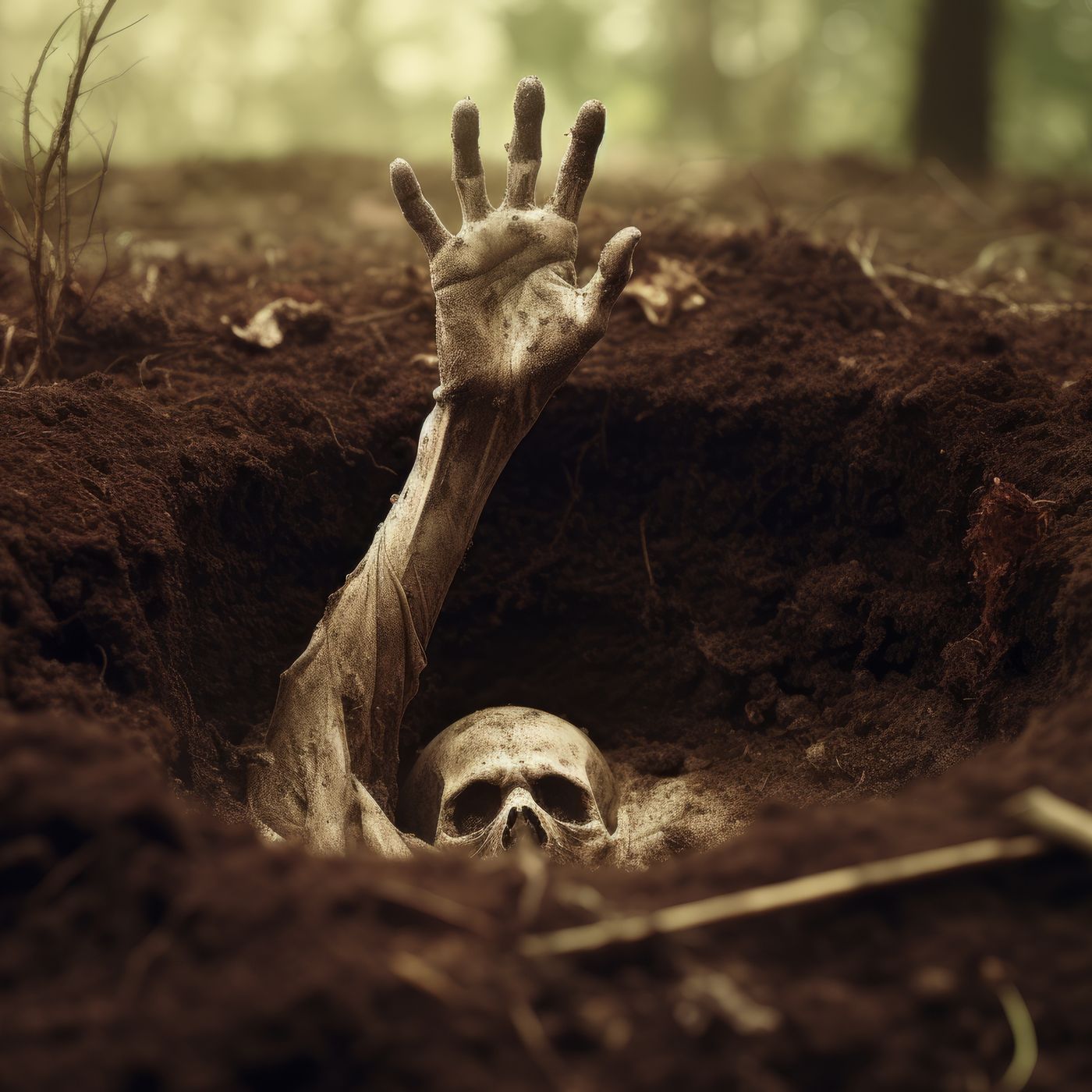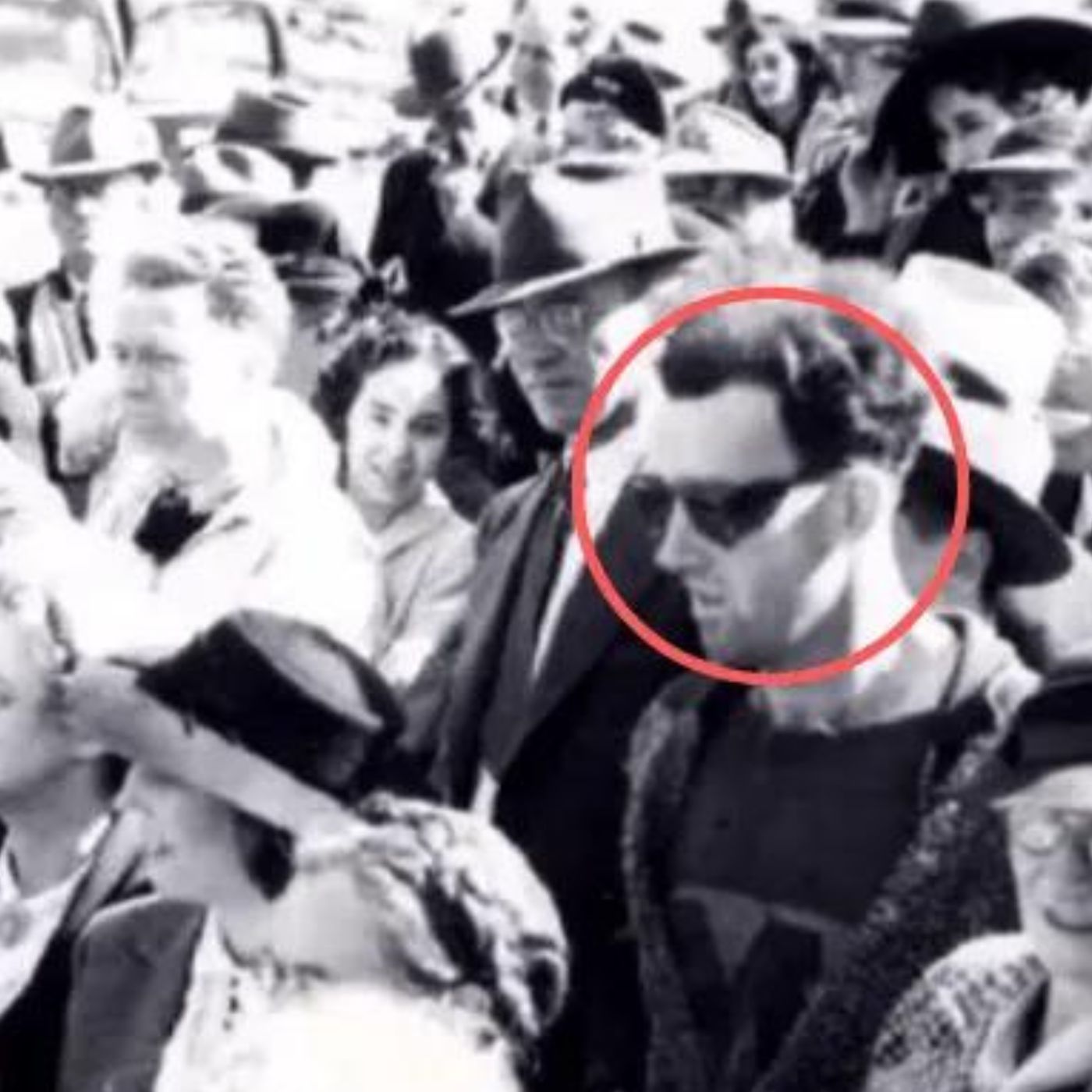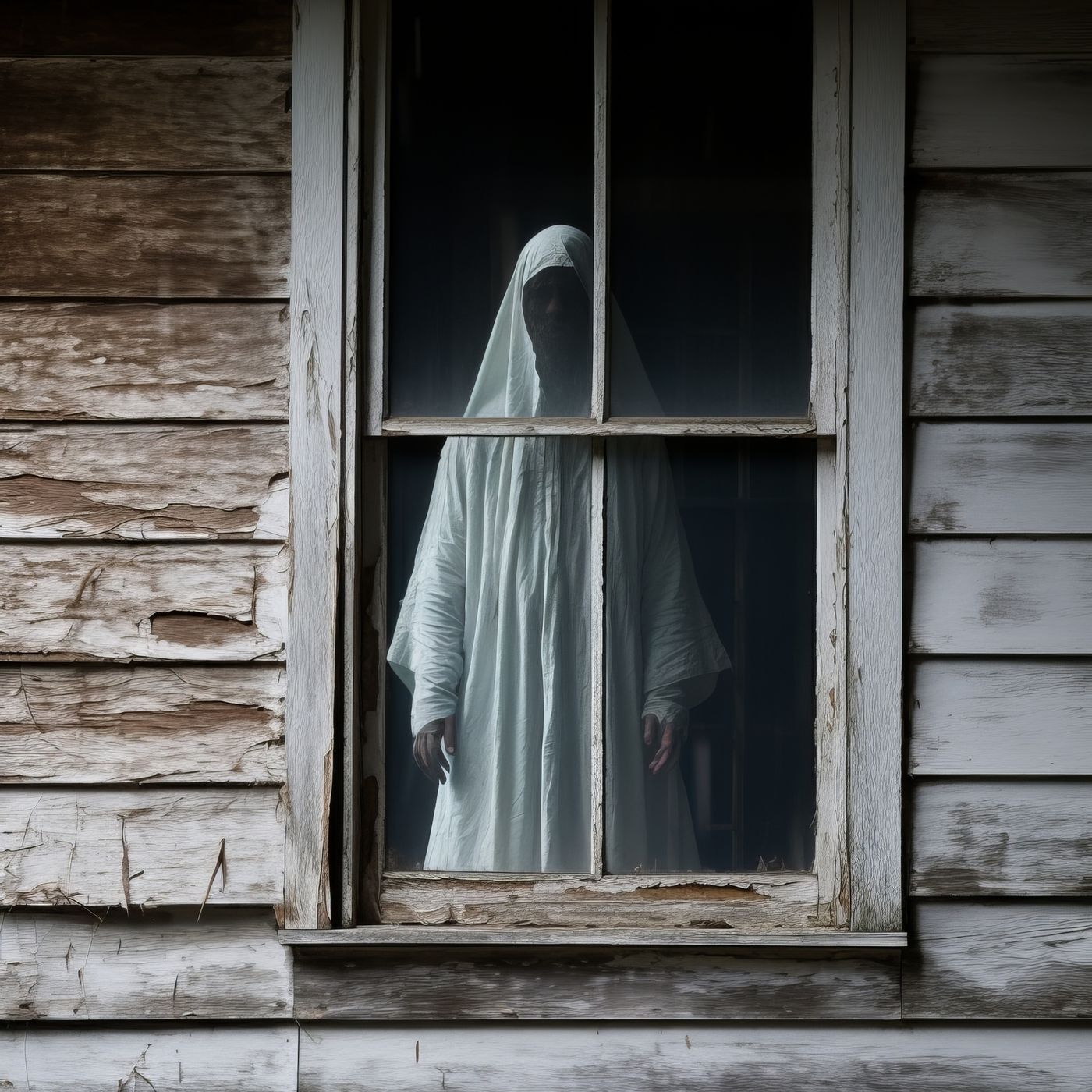S9: Dreams That Can Save Your Life
Update: 2024-07-27 1
1
Description
My special guests tonight have conducted extensive research into how dreams have warned people of illnesses that they weren't aware of.
Your dreams can provide inner guidance filled with life-saving information. Since ancient Egypt and Greece, people have relied on the art of dreaming to diagnose illness and get answers to personal life challenges. Now, dreams are making a grand reappearance in the medical arena as recent scientific research and medical pathology reports validate the diagnostic abilities of precognitive dreams. Are we stepping back into the future as modern medical tests show dreams can be early warning signs of cancer and other diseases?
Beginning in the late 19th century, Austrian neurologist Sigmund Freud, founder of psychoanalysis, theorized that dreams reflect the dreamer's unconscious mind and specifically that dream content is shaped by unconscious wish fulfillment. He argued that important unconscious desires often relate to early childhood memories and experiences.[7] Carl Jung and others expanded on Freud's idea that dream content reflects the dreamer's unconscious desires.
Dream interpretation can be a result of subjective ideas and experiences. One study found that most people believe that "their dreams reveal meaningful hidden truths".[70] The researchers surveyed students in the United States, South Korea, and India, and found that 74% of Indians, 65% of South Koreans and 56% of Americans believed their dream content provided them with meaningful insight into their unconscious beliefs and desires. This Freudian view of dreaming was believed significantly more than theories of dreaming that attribute dream content to memory consolidation, problem-solving, or as a byproduct of unrelated brain activity. The same study found that people attribute more importance to dream content than to similar thought content that occurs while they are awake. Americans were more likely to report that they would intentionally miss their flight if they dreamt of their plane crashing than if they thought of their plane crashing the night before flying (while awake), and that they would be as likely to miss their flight if they dreamt of their plane crashing the night before their flight as if there was an actual plane crash on the route they intended to take. Participants in the study were more likely to perceive dreams to be meaningful when the content of dreams was in accordance with their beliefs and desires while awake. They were more likely to view a positive dream about a friend to be meaningful than a positive dream about someone they disliked, for example, and were more likely to view a negative dream about a person they disliked as meaningful than a negative dream about a person they liked.
According to surveys, it is common for people to feel their dreams are predicting subsequent life events.[71] Psychologists have explained these experiences in terms of memory biases, namely a selective memory for accurate predictions and distorted memory so that dreams are retrospectively fitted onto life experiences.[71] The multi-faceted nature of dreams makes it easy to find connections between dream content and real events.[72] The term "veridical dream" has been used to indicate dreams that reveal or contain truths not yet known to the dreamer, whether future events or secrets.[73]
In one experiment, subjects were asked to write down their dreams in a diary. This prevented the selective memory effect, and the dreams no longer seemed accurate about the future.[74] Another experiment gave subjects a fake diary of a student with apparently precognitive dreams. This diary described events from the person's life, as well as some predictive dreams and some non-predictive dreams. When subjects were asked to recall the dreams they had read, they remembered more of the successful predictions than unsuccessful ones.
Follow Our Other Shows
Follow UFO Witnesses
Follow Crime Watch Weekly
Follow Paranormal Fears
Follow Seven: Disturbing Chronicle Stories
Join our Patreon for ad-free listening and more bonus content.
Follow us on Instagram @mysteriousradio
Follow us on TikTok mysteriousradioTikTok
Follow us on Twitter @mysteriousradio
Follow us on Pinterest pinterest.com/mysteriousradio
Like us on Facebook Facebook.com/mysteriousradio
Do you frequently miss episodes?
Don't worry; here are some tips to ensure you never miss out again:
Your dreams can provide inner guidance filled with life-saving information. Since ancient Egypt and Greece, people have relied on the art of dreaming to diagnose illness and get answers to personal life challenges. Now, dreams are making a grand reappearance in the medical arena as recent scientific research and medical pathology reports validate the diagnostic abilities of precognitive dreams. Are we stepping back into the future as modern medical tests show dreams can be early warning signs of cancer and other diseases?
Beginning in the late 19th century, Austrian neurologist Sigmund Freud, founder of psychoanalysis, theorized that dreams reflect the dreamer's unconscious mind and specifically that dream content is shaped by unconscious wish fulfillment. He argued that important unconscious desires often relate to early childhood memories and experiences.[7] Carl Jung and others expanded on Freud's idea that dream content reflects the dreamer's unconscious desires.
Dream interpretation can be a result of subjective ideas and experiences. One study found that most people believe that "their dreams reveal meaningful hidden truths".[70] The researchers surveyed students in the United States, South Korea, and India, and found that 74% of Indians, 65% of South Koreans and 56% of Americans believed their dream content provided them with meaningful insight into their unconscious beliefs and desires. This Freudian view of dreaming was believed significantly more than theories of dreaming that attribute dream content to memory consolidation, problem-solving, or as a byproduct of unrelated brain activity. The same study found that people attribute more importance to dream content than to similar thought content that occurs while they are awake. Americans were more likely to report that they would intentionally miss their flight if they dreamt of their plane crashing than if they thought of their plane crashing the night before flying (while awake), and that they would be as likely to miss their flight if they dreamt of their plane crashing the night before their flight as if there was an actual plane crash on the route they intended to take. Participants in the study were more likely to perceive dreams to be meaningful when the content of dreams was in accordance with their beliefs and desires while awake. They were more likely to view a positive dream about a friend to be meaningful than a positive dream about someone they disliked, for example, and were more likely to view a negative dream about a person they disliked as meaningful than a negative dream about a person they liked.
According to surveys, it is common for people to feel their dreams are predicting subsequent life events.[71] Psychologists have explained these experiences in terms of memory biases, namely a selective memory for accurate predictions and distorted memory so that dreams are retrospectively fitted onto life experiences.[71] The multi-faceted nature of dreams makes it easy to find connections between dream content and real events.[72] The term "veridical dream" has been used to indicate dreams that reveal or contain truths not yet known to the dreamer, whether future events or secrets.[73]
In one experiment, subjects were asked to write down their dreams in a diary. This prevented the selective memory effect, and the dreams no longer seemed accurate about the future.[74] Another experiment gave subjects a fake diary of a student with apparently precognitive dreams. This diary described events from the person's life, as well as some predictive dreams and some non-predictive dreams. When subjects were asked to recall the dreams they had read, they remembered more of the successful predictions than unsuccessful ones.
Follow Our Other Shows
Follow UFO Witnesses
Follow Crime Watch Weekly
Follow Paranormal Fears
Follow Seven: Disturbing Chronicle Stories
Join our Patreon for ad-free listening and more bonus content.
Follow us on Instagram @mysteriousradio
Follow us on TikTok mysteriousradioTikTok
Follow us on Twitter @mysteriousradio
Follow us on Pinterest pinterest.com/mysteriousradio
Like us on Facebook Facebook.com/mysteriousradio
Do you frequently miss episodes?
Don't worry; here are some tips to ensure you never miss out again:
- If you haven't already, follow or subscribe to the show to receive updates on new episodes. Even if you have already done this, it's a good idea to click the option again to ensure that you are still subscribed. This is especially important!
- Turn on notifications for new episodes in your podcast app.
- Make sure that your device allows notifications from your podcast app - we recommend using Apple for IOS devices.
- If your app has the option, swipe down to refresh the list of episodes.
Comments
Top Podcasts
The Best New Comedy Podcast Right Now – June 2024The Best News Podcast Right Now – June 2024The Best New Business Podcast Right Now – June 2024The Best New Sports Podcast Right Now – June 2024The Best New True Crime Podcast Right Now – June 2024The Best New Joe Rogan Experience Podcast Right Now – June 20The Best New Dan Bongino Show Podcast Right Now – June 20The Best New Mark Levin Podcast – June 2024
In Channel























